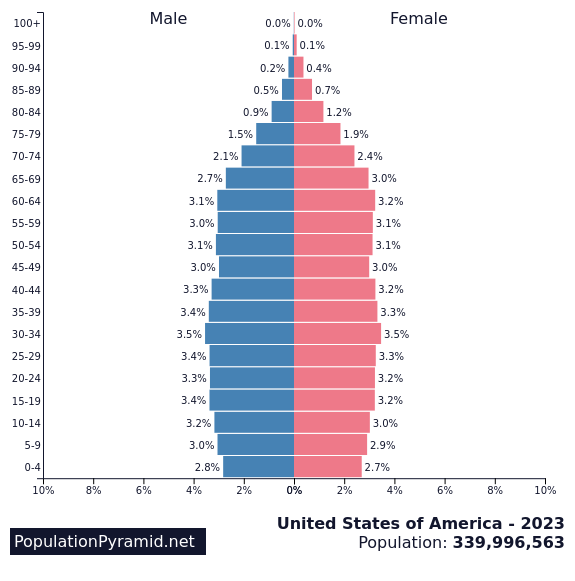To recap - you wrote a long rebuttal to me. I wrote a long rebuttal to you. Then you say you have "better things to do", but twice state you would "shred" the argument. That's just posturing. If you can disprove my points, then do it - otherwise I'm not sure what you're trying to accomplish here.
As for implying that I'd never admit I'm wrong - if you can show me a viable strategy that will make me more money, I'd implement it. My incentive is exactly the same as yours - to make as much money on my investments as I can (taking the level of risk into account).
Yes, I'm familiar with Hussman's article. I read it last fall. Some of the data that he provides is interesting. But the problem with it is it still doesn't tell you when to sell your stocks, or when to get back in. It just gives you some interesting metrics to consider. That's far from a practical, workable strategy.
By the way - if Hussman's argument is right and he really found a way to consistently beat the market - do you really think he'd give that away for free on the internet?
(Now Hussman's article appears to have been "proven right" with respect to the market being over-valued in fall 2019 because of the steep drop-off that just occurred. But it seems obvious that the catalyst for the drop-off was the pandemic, and the resultant economic shutdown - something nobody could have predicted six months ago. He ended up getting the right answer, at least six months out, but it was due to an unknowable event).
All that being said - whether Hussman's strategies have led to higher returns than a buy and hold strategy is a matter of empirical evidence. Hussman has a fund (HSGFX) that has the S&P as it's long term benchmark. Let's see how it's done from 2000 to today:
View attachment 340432
So this proves my point. The person you're quoting, who set up a fund designed to track the S&P but with "a combined focus on valuation and market action", has been soundly trounced over the past two decades. The fund had some impressive wins initially (he appears to have avoided the 2001 crash unscathed), but he couldn't sustain it long term - that's nearly always the case with active management. (According to the June 30, 2019 annual prospectus, you'd be paying his company an annual management fee of 0.90% - for the privilege of losing ground compared to the market overall). In case you think I've manipulated the data, this is taken directly from the aforementioned prospectus:
View attachment 340438
According to the most recent prospectus - he beat the market over one year, but lags badly behind after five and ten years. If you look through the fund prospectus, the table on page 6 shows that his fund had negative returns in seven of the past ten years (with none of the three years having more than about a 9% gain) - a truly stunning performance given that the S&P more than doubled during that period.
(To further prove my point - this shows the downside of being too negative on the market. Hussman has generally been bearish on the market and missed out on a decade's worth of positive returns - waiting for a crash that only came because of an unpredictable pandemic - and even taking that crash into account, you'd
still have made substantially more money following the S&P than investing in his fund. In April 2010, the S&P was at 1,178 and his fund was at $12.71 - ten years later, even after a crash, the S&P is up to 2,488 and his fund is at $5.97 - so after that decade, you'd have doubled your money staying invested in the S&P, and you would have lost more than half your money following his bearish strategies - by virtue of missing out on a decade's worth of growth).
To be clear, this isn't an attack on Hussman - a highly educated, successful professional - it just shows the difficulty of beating the market over the long-term.




